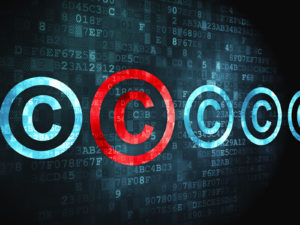Today, the European Parliament cast its final vote on the European Copyright Directive. With its decision in favor of a European copyright law which includes a European ancillary copyright law and the introduction of upload filters, the European Parliament is flying in the face of a broad alliance comprised of civil society, academics, the digital industry, and Internet politicians – but also journalists, authors, and content creators.
Oliver Süme, the Chair of eco, condemns the fact that the European legislator, over the course of the two-and-a-half year debate, ignored all criticisms and gave insufficient consideration to alternative proposals. In the end, the European elections were used as a pretext for a speedy conclusion. But five years ago, the GDPR showed that things could also go a different route – i.e. legislative terms can be straddled.
Market consolidation and over-filtering of the Internet are what can now be expected. “The fate of the free Internet has been sealed. Today’s decision will lead to the Internet in Europe being filtered to death; it will change fundamentally. There is also the threat of a radical violation of the fundamental principles of a state ruled by law, if in future algorithms of companies and not courts will be responsible for deciding what we are allowed to see, hear, and read on the Internet. Moreover, a European ancillary copyright law will further delay the digitalization of the publishing and news industry, impede innovation, and become a competitive disadvantage for Europe as an investment location,” said Süme.
The directive may have been well-intentioned, but it will achieve the exact opposite of what has been repeatedly claimed as its objective: Rather than the actual authors and creators, those benefiting will be the major platforms as well as the large collecting societies and press publishers. Upload filters and ancillary copyright will not only restrict contributions on Facebook, Youtube, and Twitter, but will also present considerable hurdles for any start-up on the Internet. Small companies will have to restrict their services or will be compelled to buy technologies in the future that only the big companies can really afford. There will be over-filtering, because in case of doubt, more than is necessary will be blocked to avoid liability. Providers and users will continue to be subject to liability risks and will often have to fight for releases.
“All of this has little to do with a free, open, and democratic Internet. It is disappointing that after more than two years of intensive debate, the introduction of a European ancillary copyright law and the upload filter is now nevertheless imminent. The misguided amendment of European copyright law is a bitter step backwards in terms of digital policy, and at the same time we have opened Pandora’s box for filtering other content,” concluded Süme.




